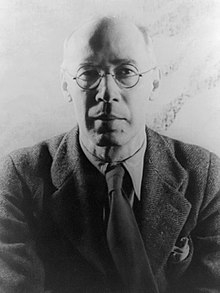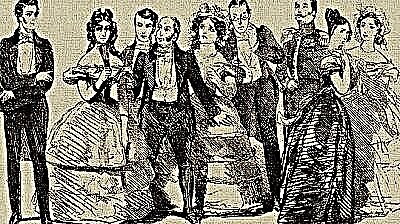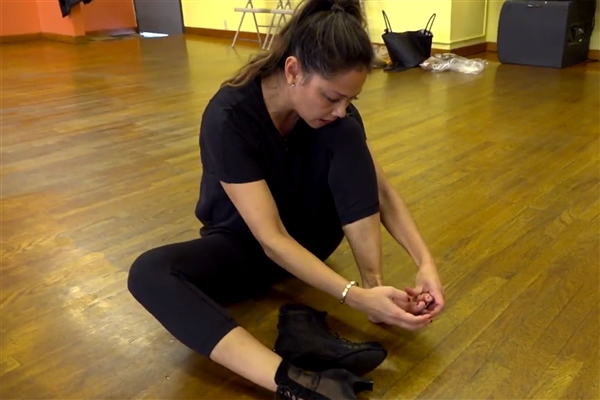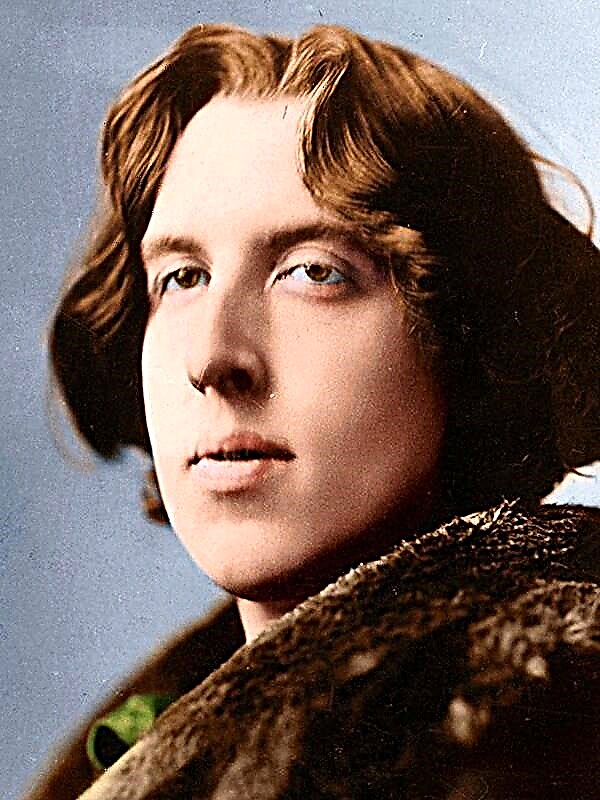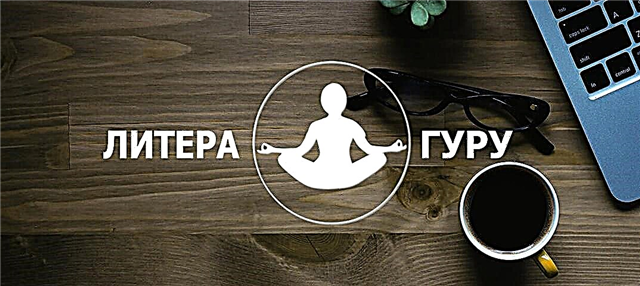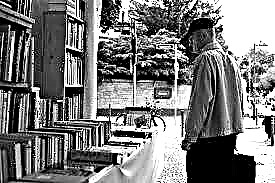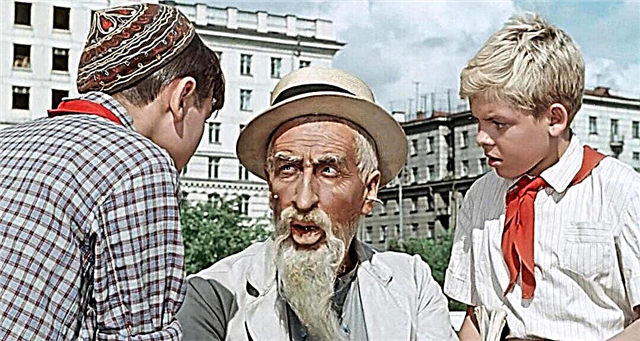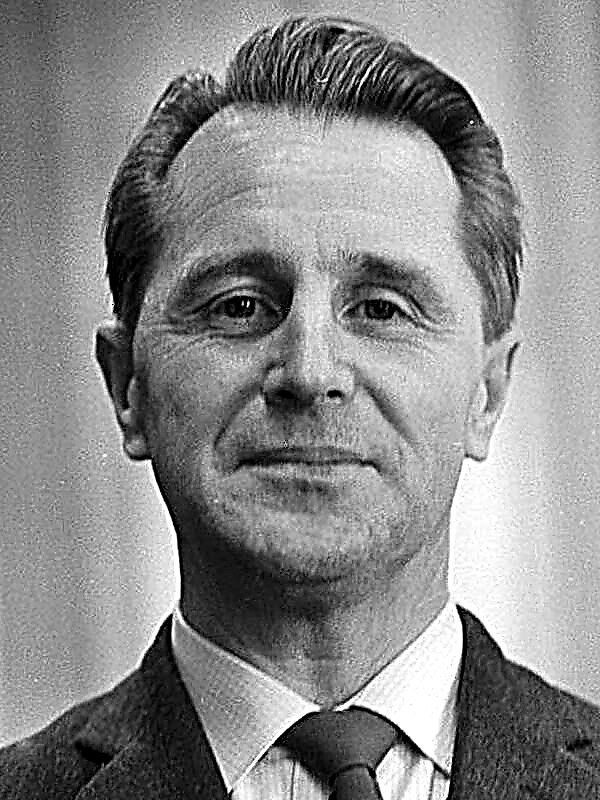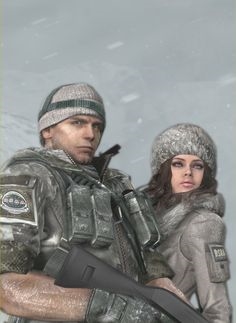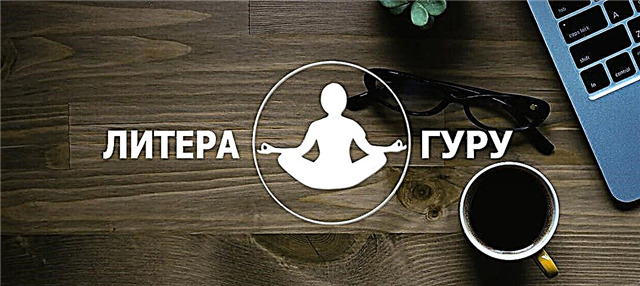Share
Pin
Tweet
Send
Share
Send
The topic of choice often pops up in the works of Russian literature. Below are the main problems associated with the topic of decision-making. Under each of them you will find arguments for writing on the exam in the Russian language. A table with all these examples at the end of the article is also available for download.
Lack of freedom
- It is unbearable for us to imagine life without freedom of choice. The idea that they will tell us what to do, and we will have to silently obey, scares every person. But, unfortunately, the right to choose did not always exist. Sometimes people were limited to their own family members. In the work Ostrovsky "Thunderstorm" Katerina lives in a patriarchal society among tyrannical, ignorant and rude inhabitants. The heroine is doing her best to resist the conservatism of Kabanikh, but the mistress's oppression is too strong. The girl does not want to put up with rudeness, licentiousness and anger of a boar, which is why Katerina commits suicide, which was the only possibility of free choice in her conditions.
- Another example is the main character Lermontov’s poem “Mtsyri”. Being imprisoned in a monastery, he prepares for consecration as a monk. But from the very beginning of the poem, his soul cannot accept his life imprisonment. His nature is eager for freedom, for freedom. All his life he was deprived of his family, friends, his homeland, and the realization of a hopeless situation depresses him even more. He tries to confront his fate and breaks free during a storm, it is then that he tastes all the charm of a free life. It seems that he will be able to start all over again, but he is being returned to the monastery. In the end, the young man dies because he does not want to be imprisoned again.
Moral choice
- Many factors can influence our choices: age, parents, society, or religion. For each of us, they are in different priorities, but there is one that is fundamental to any person: morality. The choice between good and evil; moral and immoral has always been one of the main topics of Russian literature. For example, in Pushkin’s work “Eugene Onegin” the main character, Tatyana, is the personification of morality. This confirms her act at the very end of the work. Despite the recognition of Eugene in love for her, she does not reciprocate, being a married woman. The heroine is not going to sacrifice her husband’s family life and happiness for the sake of satisfying her own desires. (there are still arguments on the topic: the choice between fidelity and treason)
- To make a choice based on morality, a person needs to give his own definition of morality, to form his principles and views, which can take years. This is exactly what happened with the hero of the novel L.N. Tolstoy "War and Peace", Pierre Bezukhov. Throughout the work, his soul is in search of true values. He makes mistake after mistake, contacting first with the Dolokhov and Kuragin, then with the Masons. But his heart does not lie to falsehood, lies and life for show, to that which is just condemned by morality. Only by devoting himself to the people, Pierre finds harmony in the soul. The right moral choice helped the hero find his calling. (there are still arguments on the topic: the choice between reason and feeling)
The choice between selfishness and dedication
- Leaving for war, every soldier is aware that sooner or later he will have to make a choice between life or death, himself and his people. The sources and motives of this decision are different, but the main one is devotion to the Fatherland. In the work of Pushkin "The Captain's Daughter" the main character, Pyotr Grinev, does not bow before Pugachev, being a prisoner. His valor and loyalty to the Fatherland do not allow him to choose life instead of death. While Shvabrin, revealing his true rotten nature, surrenders to the enemy in order to save his skin. He cares only for his own benefit, while Grinev puts the fate of his homeland in priority, realizing the possible risks. (Here are some more arguments on the topic: the choice between honor and dishonor)
- In the work of Mikhail Sholokhov "The fate of man" Andrei Sokolov argues that every soldier can show humanity if he is strong in spirit. Having gone through the war, having lost his family and home, he had to surrender. It seemed that not a single feeling could remain in him. However, having met a homeless boy, he not only sheltered him, but also became his family, pretending to be his father, who had returned from the war. Sokolov went against selfishness, giving the child the last ray of sunshine in his soul.
Share
Pin
Tweet
Send
Share
Send

